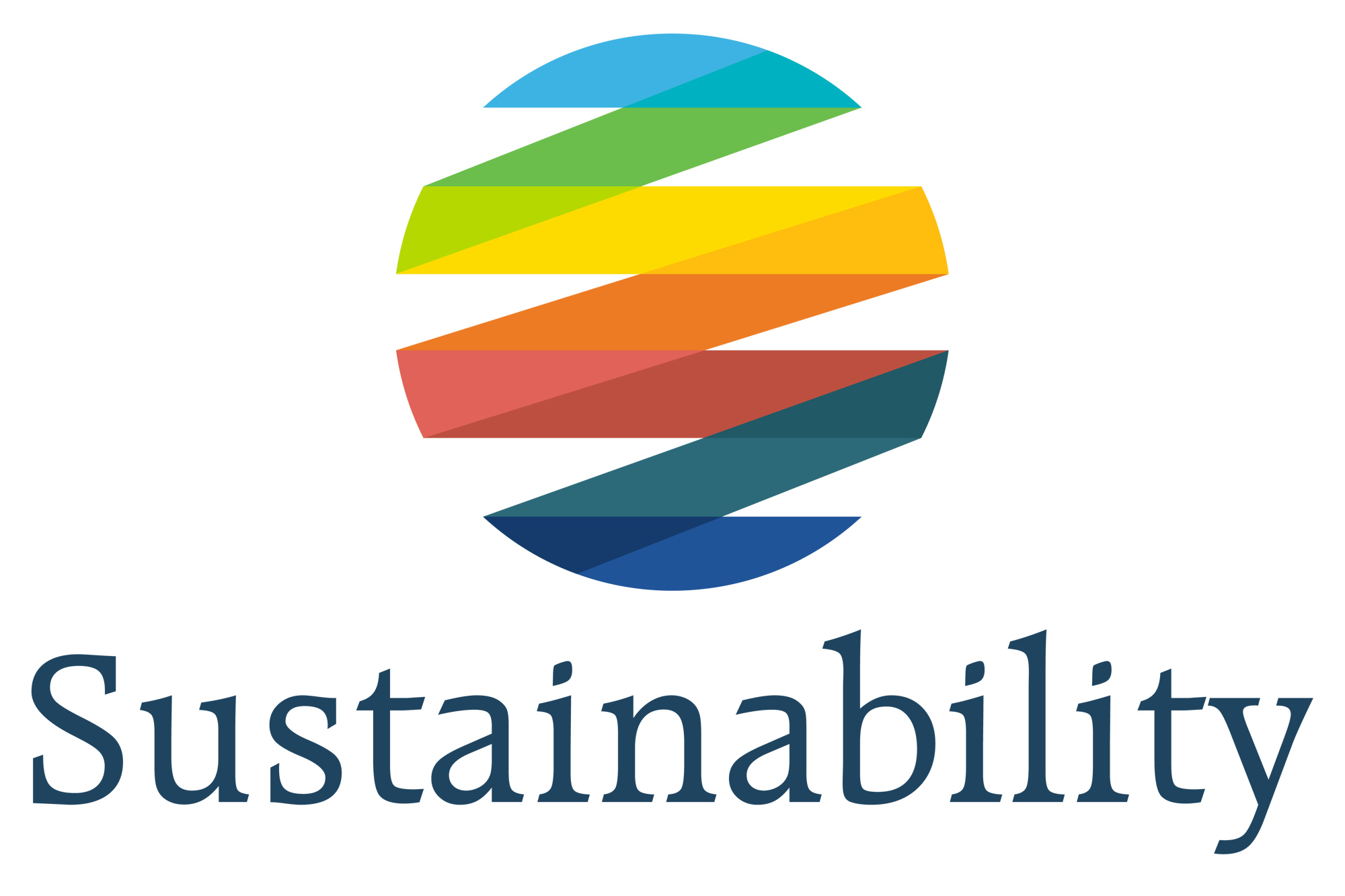Business Continuity Planning
2022 Sustainability Report
Material Topic: Business Continuity Planning
JSR’s business continuity plans (BCP), risk-based thinking and crisis management planning allow the organization to prepare for impactful and unforeseen events. Through these activities, JSR is able to eliminate or mitigate risks and plan for worst-case scenarios to assure business continuity or business recovery when disaster occurs.
Development of emergency preparedness plans to effectively prepare for both external and internal disasters, as well as disaster recovery plans, which consist of the precautions taken to minimize losses and to either maintain or quickly resume critical functions after the occurrence of a natural or man-made disaster.
COVID-19 Pandemic Response: Putting Plans to the Test
When cases of COVID-19 increased in California in March 2020, just prior to the start of the reporting period, JSR’s Pandemic Response Plan, which is part of BCP planning, was activated. Under the parameters of the Santa Clara County Shelter in Place order, JSR was determined to be a supplier to Essential Businesses, which required JSR to keep operations running. All employees, except for those that were essential to keep production going, were immediately transitioned to work from home.
BCP and crisis response plans allowed JSR to respond adequately to the situation and to protect employees while keeping the business operating. JSR established “pods” for all on-site manufacturing personnel, which are self-contained teams that are physically and socially separated from each other. The implementation of a “pod” approach to staffing reduced the likelihood that a single on-site infection would significantly disrupt manufacturing operations.
Throughout the reporting period, JSR maintained the “pod” system, along with additional safety measures such as temperatures screening, social distancing and masking requirements. None of JSR’s US manufacturing facilities suffered disruptions due to COVID-19 outbreaks.
BCP Drills
The semiconductor branch of JSR Corporation has three advanced manufacturing sites globally: Japan, Belgium, and the US. Through the redundancy of manufacturing capacity to supply customers, risk can be distributed significantly. In this way, JSR Micro mitigates not only natural disaster risk, but also political risk. Annually, JSR conducts BCP drills to coordinate crisis responses between the three sites.
Responsible Business Alliance Risk Assessment
JSR Micro signed the Responsible Business Alliance (RBA, formerly EICC) code of conduct in 2012. As part of this initiative, JSR completes the RBA risk assessment annually. This is a comprehensive survey that covers a broad range of sustainability topics. Since responding to the RBA survey, JSR Micro has continued to maintain a “low risk” score.
Risk-based thinking through ISO 9001, ISO 14001 and ISO 45001
JSR’s ISO 9001:2015, ISO 14001:2015, and ISO 45001:2018 certifications require planning for risk awareness and mitigation. In FY17, JSR formally implemented a risk management program in which all departments assessed and mapped their risks and developed mitigation plans. Risk identification and mitigation on a departmental level is an ongoing process.
JSR Corporate BCP
JSR Corporation develops BCP plans based on risk assessments conducted for all its divisions. Topics include disaster recovery, supplier continuity, finished product continuity, and communication flows and timing. The plans are reviewed and updated on an annual basis.

